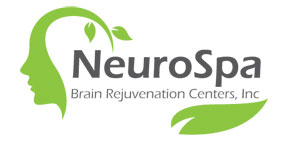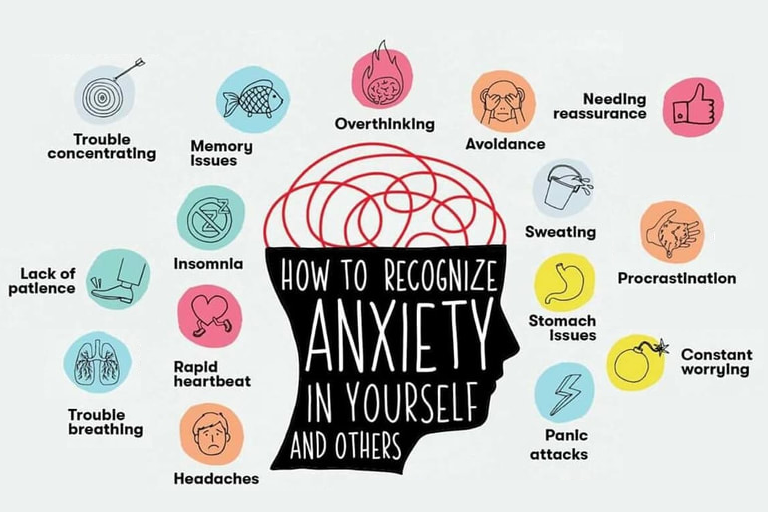Anxiety can lead to symptoms that are often not thought to be related to anxiety at all, including non-specific numbness, tingling, poor concentration, chronic pain, poor memory, and sleep disorders. In addition, there are many misconceptions regarding anxiety including images of psychiatric wards and patients experiencing severe panic attacks. Most of these perspectives are not accurate. Patients with anxiety often do not consciously feel anxious but feel ‘stressed’ or experience poor moods. Also, anxiety levels can range widely from mild, in which there is a degree of worry but no interruptions in bodily functions, life events, work, or personal relationships. More severe cases often cause both physiological and cognitive (mind) disturbances. Bowel and bladder disturbances, IBS (irritable bowel syndrome), and hyperventilation syndrome (breathing faster than average rate) are just a few physiological examples while poor motor and brain performance with daily brain tasks are examples of cognitive manifestations. Truly, anxiety is a condition that wears many faces and needs to be treated, one hopes, without inflicting more stress, discomfort, or ill-ease on the patient. Fortunately, some alternatives make the experience easier for both the doctor and the patient.
While we all experience anxiety at some time or another, some individuals diagnosed with depression can feel a more profound and oppressive sense of anxiety that can become debilitating. Several studies have shown a link between TMS and anxiety-symptom improvement. After an examination and consultation with our staff, we may recommend a program of TMS treatment for anxiety sufferers. The procedure is nonintrusive, pain-free, and can usually be conducted in a short period (about 30 minutes) over the course of a few days. Contact us for more information and to see if brain stimulation therapy for anxiety is the right option for you.
To make an appointment, call (949) 652-7301.



